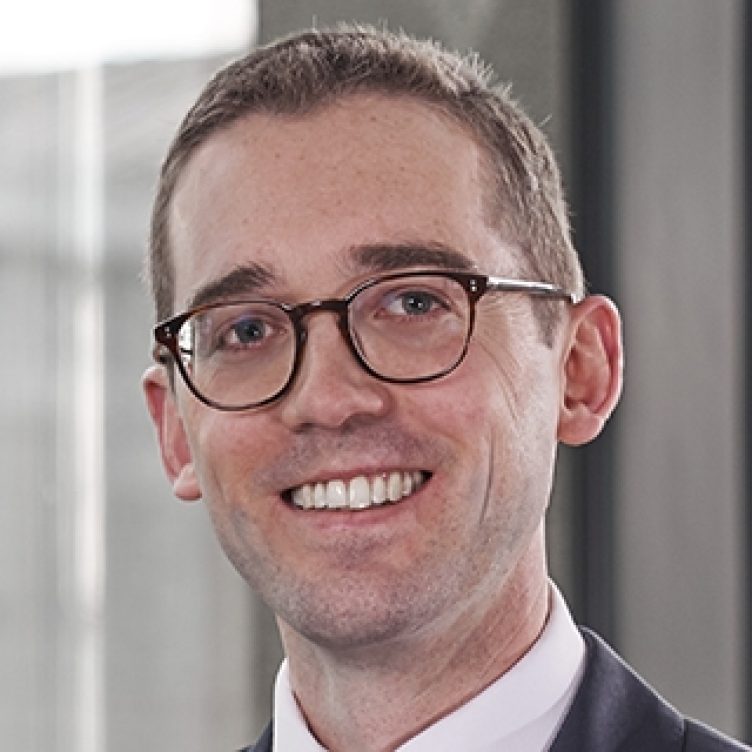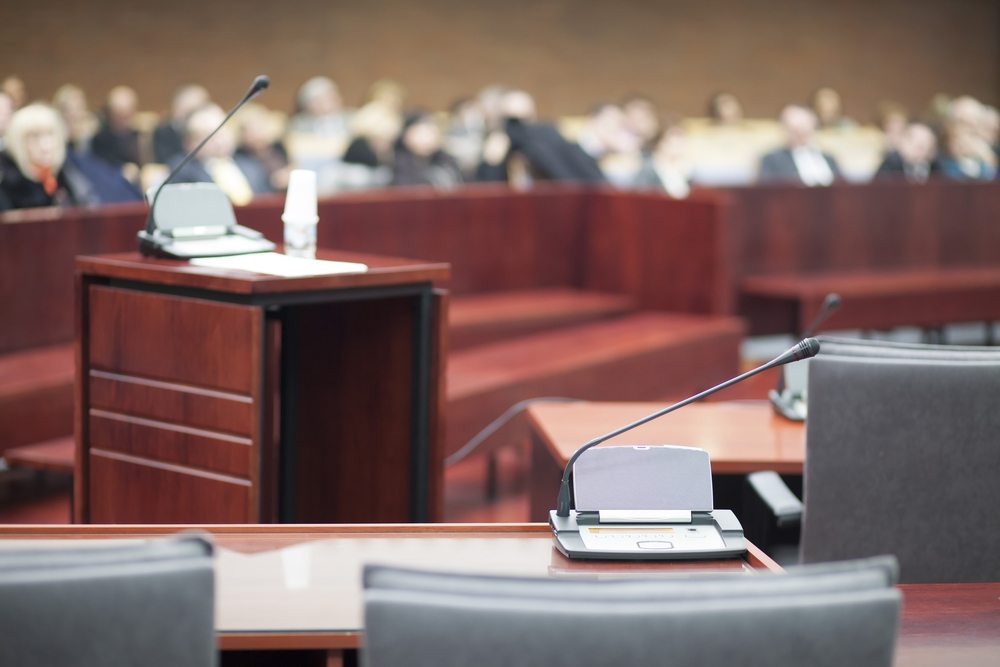Expert opinions are integral to every stage of the serious injury claim process, not least when determining the value of compensation to be awarded at the quantum stage of proceedings.
Building upon the two previous articles in this series addressing general principles and the liability report, Hugh Johnson addresses the preparation of the quantum expert report (whether medical condition and prognosis reports or reports from other experts in a typical catastrophic injury claim).
Assessing damages
The aim of the legal proceedings in an injury claim is often described as an attempt to put the claimant back into the position they would have been in but for their injury. In the case of a serious or life-changing injury, that is, of course, impossible. The court can only award monetary damages: it is left to determine the appropriate level of damages to assist the claimant to bridge that gap, resuming their lifestyle as far as possible, but now with support.
As noted in the previous article in this series, the standard of proof required in civil courts is the balance of probabilities. Experts need to form a view on what is probable (more likely than not) and, in the case of quantum, to set out what provision is reasonable on the basis of the available evidence.
The quantum expert evidence is not only there to set out the nature and extent of the injury but also to inform the damages claimed by the legal team within the schedule of loss. The experts (and their instructing solicitors) must ensure all costed elements of the report are supportable before being presented in evidence. Paragraph 176 of the judgment of Mr Justice Cotter in Scarliffe v Brampton Valley Group Ltd [2023] EWHC 1565(KB) puts it most succinctly:
“A care expert should be able to fully justify any aspect of care, therapy or equipment which the court is being advised should be provided. The advice should be very carefully considered and automatically stress tested against the realities of life. Anything less is inadequate.”
While those comments were made in relation to the care evidence, they apply to all expert disciplines where there are costings for loss. Experts should, therefore, expect follow-up questions if the lawyers are to ensure both that they have properly understood the evidence and costs of any recommendations, analysing the reasonable need. It is necessary to consider both present and future circumstances, as well as to evaluate any overlap between the advising experts and their recommendations.
The court will try to determine the claimant’s reasonable needs and the cost of meeting those now and in the future. The court will only be able to do that by evaluating expert evidence obtained by both the claimant and defendant parties.
Rule 35.1 of the Civil Procedure Rules (CPR) states that expert evidence should be restricted to that which is reasonably required to resolve the proceedings. While a number of experts are instructed in complex claims, it is not a matter of “collecting” experts. The court will restrict the number of experts and, frequently, via the imposition of a costs budget, the use of experts. In early case management hearings, it is often necessary to justify why experts are required and, where appropriate, joint instructions will be utilised.
Are you the right expert?
Be prepared to decline instructions where appropriate. As with the liability reports, the quantum experts must ensure the claim falls within their sphere of expertise. There may be dangers, for example, of a care expert commenting upon a package of care if they have had no practical experience of establishing similar provision. That was the case in
CCC v Sheffield Teaching Hospitals NHS Trust [2023] EWHC 1770 (KB), where Mr Justice Ritchie was excoriating of an expert occupational therapist obliged to admit that he lacked requisite professional experience and his clinical practice had been limited to adults rather than including paediatrics.
Presenting evidence regarding future needs
As a claimant representative, our intention is to get the most out of an expert’s view in order to advance the case on behalf of our client. This will usually involve considering all eventualities: claimants may choose to start or add to their family, move to another part of the country, continue taking their ‘big holiday’ every few years or experience deteriorations in their health. Any or all of those life events will impact their present or future needs and, it follows, the value of the claim. It is essential that experts give their proper view of the evidence and that their opinions are justifiable. That means experts can expect a careful examination of their views.
If that is second nature for the expert, the question is then what additional evidence is needed, how should it be presented, and how will the expert report assist the court to come to its conclusions? As set out in the first article in this series, a logical presentation of the evidence is essential. A persuasive report is one that is also easy for the judge to read. Using a summary, sub-headings and, in a lengthy report, even an index will all assist. Quantum reports will frequently involve detailed costings. They may also refer to medical literature or other sources of information. Clearly marked and structured appendices will often be essential.
Similarly, experts may find there is subject matter (for example, discussion of a general features of a condition such as post-traumatic epilepsy, syringomyelia or the risk of loss of a residual limb) that is statistically or descriptively bulky. Those are all best contained within an appendix. This is an effective way of retaining detail within the report while keeping the opinions within the main report clear and concise.
Whereas liability experts are invariably interested in the past, quantum evidence is often more the art of prediction. After all, if a claimant is 20 years of age and has a normal or near to normal life expectancy, an expert will have to come to a view as to the most likely outcome since there cannot be 100% certainty. For example, if the claimant can walk with a stick today, it may be necessary to estimate the age(s) at which they may progress to a walking frame or wheelchair.
There is a debate to be had as to how much narrative history and examination of records should be in an expert’s report before it becomes too long and cumbersome.
- Medical experts will be concerned primarily with medical history, and relevant entries should be set out clearly and their relevance stated.
- Other professionals, such as care experts or therapists, will likely have more regard to the records obtained from the treating team “on the ground”, such as case managers, carers, therapists and local authorities, for example.
Experts will need to set out the key factors from the records and what progress has been made. There may be situations where experts will be faced with a claimant who has no access to funds. Such claimants will find it more difficult to trial equipment or make the changes to their care or living arrangements, which can be compelling evidence for the court. Experts faced with this scenario will need to rely upon their experience as to how valuable their proposals may be to support rehabilitation and independent living.
Assessment and examination
Apart from some desktop quantum opinions, much of the expert’s view will be gleaned from their own examination or assessment of the claimant (and, quite often, family members who live with them). Until recently, those assessments were always undertaken in face-to-face meetings at home. That remains the gold standard and remains essential for the care expert, for example. However, Zoom or Teams interviews are increasingly used and can be sufficient for some fields of expertise.
Lay witness evidence
The claimant’s witness evidence is key. A well-prepared quantum statement should touch upon all facets of everyday life, from employment and care and accommodation needs to hobbies and personal relationships. Experts should ensure they have the right evidence before them. If an initial assessment has been undertaken before a statement is completed, as sometimes occurs, the report will likely need to be updated before it is finalised for the court, remembering that the expert’s declaration requires confirmation that the opinion is complete. Similarly, in CCC when there were changes to the claimant’s circumstances, the court resolved that it was better for the claimant to serve (late) a second, updating witness statement rather than have the court and the parties make do with evidence that was around 18 months out of date.
Multiple experts
There is often an interrelationship between expert evidence. For example, the care expert will need to know the claimant’s life expectancy and what the medical recommendations are. The accommodation expert will need to understand how many carers may need to live in the property or whether a home gym is required, for example.
It is perhaps an obvious point, but it is worth restating that all experts should stay within their own field of expertise and not pre-empt or stray into unfamiliar territory. If an aspect of the condition and prognosis requires a different expert, that should be acknowledged within the report. The legal team will consider how best to deal with that, but the expert should not compromise the rest of their opinion by commenting outside their own field.
Where there is a need for comment on each other’s reports, it is likely to be prudent to avoid including page or paragraph numbers unless and until the report you refer to has been finalised. A minor amendment to paragraph numbering in a report could lead to extensive amendments.
Final thoughts
While an expert owes their duty to the court and their report sets out their own independently held views, that does not mean they cannot look to their instructing solicitor for support. It is also correct that their instructing solicitor is there to assist them, provide instructions and documentary material, and guide them through the court process, as required. Questions regarding the format of a report, timescales, whether additional information is available or any other technical points are to be welcomed precisely because that may avoid problems later.
You can find further information regarding our expertise, experience and team on our Clinical Negligence page.
If you require assistance from our team, please contact us.
Subscribe – In order to receive our news straight to your inbox, subscribe here. Our newsletters are sent no more than once a month.






